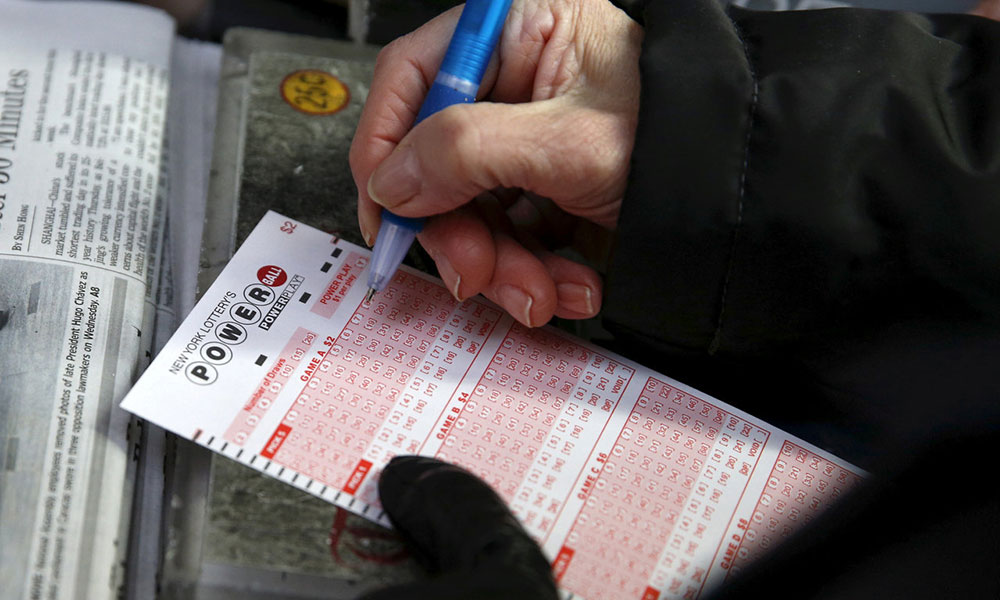
Another Way Millennial Habits Differ? They Don’t Play the Lottery
Recent research has found that millennials rarely pick up a lottery ticket—an issue for both lottery groups and state governments, which don’t see as much funding potential in fantasy sports, a more popular pastime among young adults.
As is frequently highlighted here, the shifting tastes of young adults, also called millennials, have a tendency to shake up the status quo.
One example of that comes from the traditional lottery system, an easy way for state and provincial governments to raise money for needs such as education and infrastructure. The problem is, millennials just aren’t buying into the jackpot—according to a recent Reuters report, a third of adults age 18 to 29 have played the lottery in the past year, a sharp contrast to every other demographic in the Gallup study the wire service highlighted. For people age 50 to 64, 61 percent said they played at least once.
It’s not just a problem in the U.S., either. A recent report by the Ontario Lottery and Gaming Corp. (OLG) found that just 7 percent of adults under age 35 play the lottery each week—far below the Canadian province’s average of 45 percent of the population. Part of the problem, the report stated, is that the lottery’s products are not sold in places where millennials tend to go.
“The majority of Ontario adults under 35 years of age frequently visit supermarkets, big-box stores, and large retail locations where OLG products are not conveniently located or are currently not offered for sale,” the report stated, according to The Canadian Press.
But the issue may not be limited to the big-box store.
A recent report on gambling and tax revenue by the National Conference of State Legislatures (NCSL) notes that the problem isn’t unique to lotteries, but casinos as well. Simply, millennials are on the hunt for a different kind of challenge.
“It’s this kind of turf battle many casinos are fighting,” NCSL Policy Associate Jackson Brainerd wrote. “Increasingly, they battle for the same pool of gamblers, while the potential new pool of millennials gravitates toward more interactive games that require skill to play.”
What kind of skill are we talking? According to Brainerd, millennials are far more likely to gravitate toward fantasy sports, particularly football. Such sports, he writes, haven’t been treated as online gambling, and states have been quick to regulate them.
“In 2016 alone, 33 states had introduced measures to legalize the game, and, as of October, eight had enacted them,” Brainerd wrote. “The regulation of fantasy sports, however, seems unlikely to result in a windfall of new revenue.”
So where does that leave the lottery? The state-level organizations that help run the system, such as the Virginia Lottery, are taking steps to make it easier to do—for example, allowing debit card purchases. And the industry is curious to see if online lottery playing, currently banned at the federal level in the U.S., will be legalized. (In Canada, online lotteries are legal but have a limited impact on the bottom line, reports The Canadian Press.)
“The next generation of lottery players grew up with technology and approach making purchases and playing games differently,” Virginia Lottery Executive Director Paula Otto told Reuters.
The experience factor may also be at play. Rose Hudson, president of the North American Association of State and Provincial Lotteries, suggests that many lottery officials want to make winning about more than just money—perhaps tying it to an event.
“They want an experience, not just a prize,” Hudson told Reuters.
(Shannon Stapleton/Reuters)






Comments